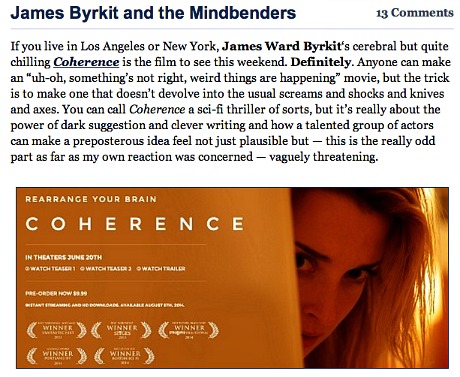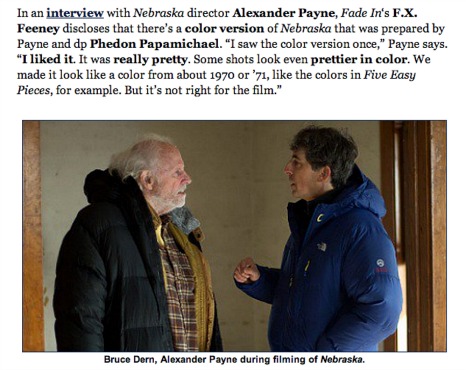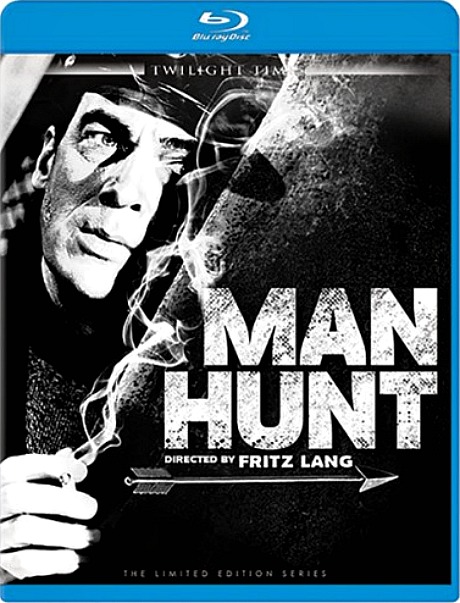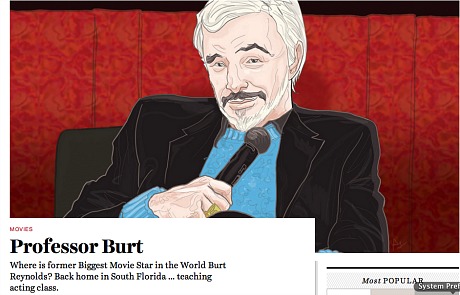Yesterday morning I did a phoner with Coherence director-writer James Byrkit to promote his film’s VOD debut. I posted two Coherence raves last June, once after catching it on my Macbook Air in a Tijuana motel room and after seeing it in a Los Feliz theatre four days later. When Byrkit mentioned a Twilight Zone influence, I assumed he was at least partially referring to “Mirror Image,” the 1960 Vera Miles-Martin Milner episode that most closely resembles Coherence. Not so. In fact, Byrkit told me yesterday that he hasn’t even seen this Rod Serling-created episode…still! On the other hand I still haven’t seen Shane Carruth‘s Primer, which is a sort of cousin of Coherence, I gather, and which Byrkit told me I must absolutely see. I’ll see it this weekend, but it seems odd that Coherence is only available on iTunes right now — no Vudu, no Verizon FIOS, etc. Again, the mp3.




